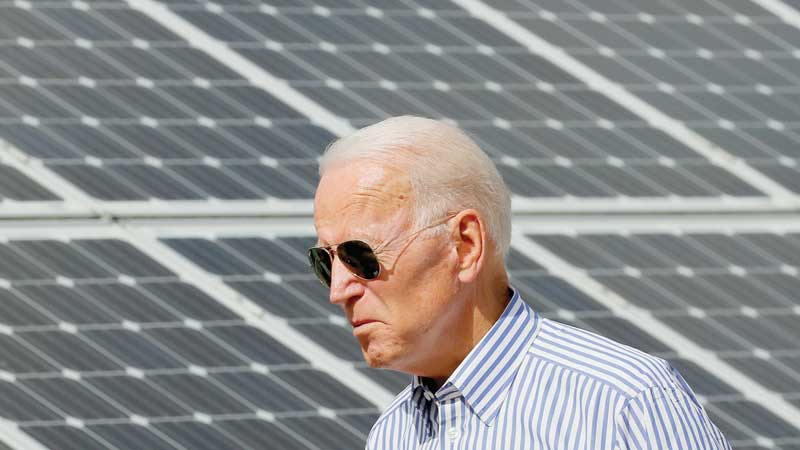

Jack Graham -
In the small Canadian city of Saint-Jérôme, Québec, electric bus and truck manufacturer Lion Electric is preparing to expand south of the border, aiming to open a plant in the United States by 2023, with the capacity to produce 20,000 vehicles a year.
After signing deals with online retailer Amazon and school districts across North America, the company expects the new factory will hire 1,500 people, from electrical engineers to assembly-line workers, and create another 9,500 jobs in its US supply chain.
“There’s a lot of people involved in building a 100 per cent electric vehicle’’, said vice-president Patrick Gervais.
The expansion by Lion Electric — which is set to go public on the New York Stock Exchange in March, through a merger with a US acquisitions firm — seems well-timed.
US President Joe Biden, who took over from climate-change sceptic Donald Trump on January 20, plans to invest $2 trillion in green infrastructure over the next four years.
Besides combating climate change, the administration says the plan could create more than 10 million jobs.
“When I think of climate change and the answers to it, I think of jobs’’, Biden said in a speech last Wednesday, on a day he signed a second round of executive actions to help curb climate warming and protect people and the economy from its impacts.
“We can put millions of Americans to work modernising our water systems, transportation (and) our energy infrastructure to withstand the impacts of extreme climate’’, Biden said.
A government-backed study out this week said reaching net-zero carbon emissions from US energy and industry by 2050 — as Biden aims to do — could be achieved by rebuilding energy infrastructure to run primarily on renewables, at a net cost of about $1 per person per day.
The transition would involve increasing energy efficiency, switching to electric technologies, using predominantly clean electricity — especially wind and solar power — and deploying a small amount of carbon capture technology, the researchers found.
Study co-author Margaret Torn, a senior scientist with the Department of Energy’s Lawrence Berkeley National Laboratory, said building clean infrastructure equates to jobs, including in the United States, “as opposed to sending money overseas to buy oil from other countries”.
“There’s no question that there will need to be a well-thought-out economic transition strategy for fossil fuel-based industries and communities’’, she said in a statement.
“But there’s also no question that there are a lot of jobs in building a low-carbon economy.”
— Thomson Reuters Foundation
Oman Observer is now on the WhatsApp channel. Click here



